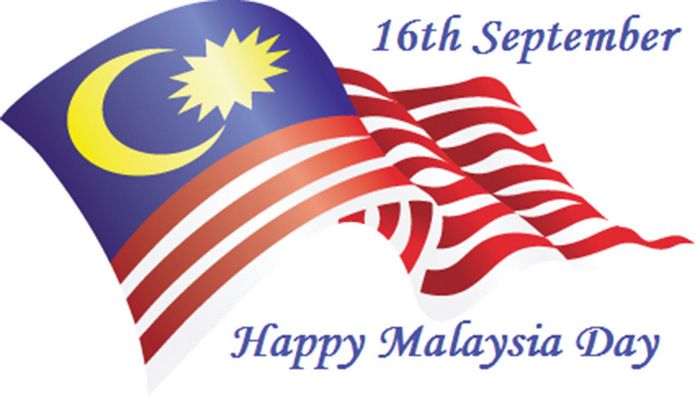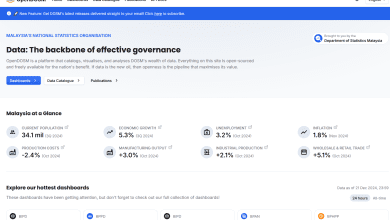Connexion: Stop calling each other ‘unbelievers’


By Joachim Ng
On Malaysia Day, rise before dawn and Look East — exactly east to a land across the South China Sea. East Malaysia receives the light while peninsular folks are still in darkness. Enlightened in the ways of multi-ethnic and multi-faith living, Sabah-Sarawak serves as role model for the nation.
Peninsular folks may have greater power, but East Malaysians have better character. Sabah Chief Minister Datuk Seri Mohd Shafie Apdal graces a Christian home service with his presence. A neighbourhood mosque and church in a Sarawak town share their car parks on Fridays and Sundays. By collaborating instead of competing, they exemplify what it means to be Malaysian. There you find adherents of diverse religions living in one village without bad blood.
The scene in peninsula tends to be starkly different. Confrontational, as some dominant faith communities are hooked on the warring psychology of conflict-driven West Asia and pre-modern Europe. From these regions, peninsular folks learned to use the deadliest word in any language — “unbelievers”. It was a battlefield call to demarcate “Us” from “Them” as rivals fought to be No. 1. Often, the military campaigns were genocidal as the order was to kill all “unbelievers” so that resistance to land seizure and political supremacy would be totally eliminated. A grisly example was the walled city of Jericho that was obliterated by an occupation force.
The defining mark of every nation or civilisation was its state religion, and a citizen expressed his loyalty through absolute compliance to the doctrines and full observance of the rituals. If you were called an “unbeliever” it meant you didn’t belong, and unless you were a stranger on business visit you could be treated as an enemy of the state.
Without understanding this background, our peninsular folks use the word “unbelievers” to disparage people of other faiths. We are living a throwback surreal life, anchoring our minds in the discordant past of the world’s most strife-torn regions in history. Shockingly, an urban audience nods in approval when a foreign preacher in town says you will go to hell if you support an “unbeliever” in political elections.
Perak once stood out as the state with a bright silver lining. In the 1950s-1960s, Ipoh was a beacon of multi-faith harmony when few would use that disparaging word. Ipoh boy Swami Satyananda knocked on doors to proclaim an underlying unity behind diversity, and Ipoh’s public library beside the iconic railway station was an oasis of multi-faith learning with its good selection of reference materials.
NEXT: How Ipoh can lead again


